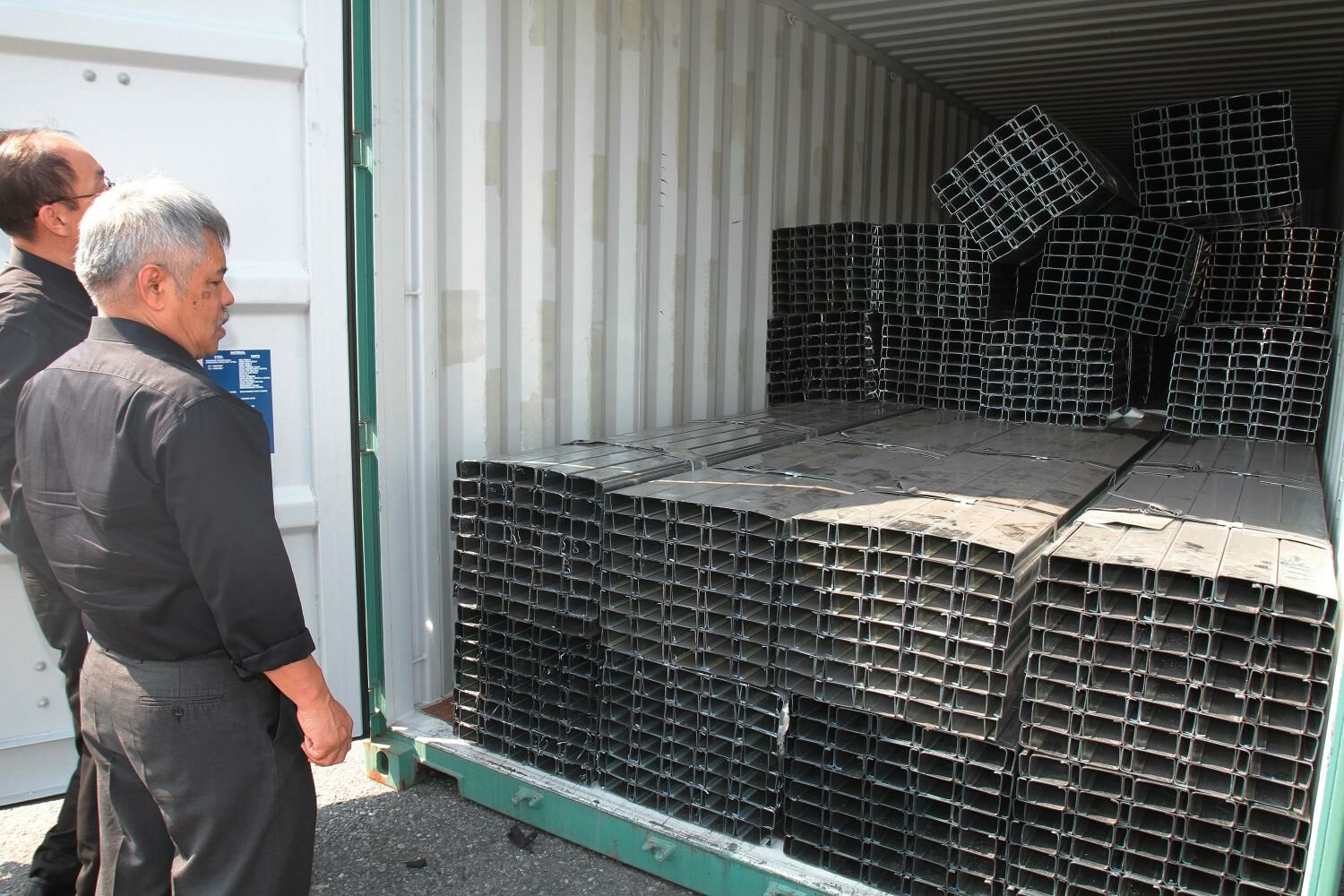FTI urges new regulatory body to curb cheap Chinese imports

The Federation of Thai Industries (FTI) urged the Industry Ministry to establish a novel regulatory body to supervise product standards. The move is intended to curb the influx of inexpensive Chinese imports, which the FTI claims are flooding the Thai market.
The FTI did not clarify whether the proposed regulatory body would be governed by the state or the business sector. Its primary purpose would be to assist the ministry’s Thai Industrial Standard Institute (TISI) in verifying the quality and safety of merchandise.
FTI vice-chairman Thawee Piyapatana criticised the TISI for its sluggish operations, asserting that its inefficiency hinders the government’s efforts to prohibit the import of substandard goods.
“The government needs a helping hand because the import of cheap Chinese goods continues to increase, leading to dumping in the Thai market.”
Thawee suggests that if TISI is unable to expedite its operations due to a shortage of staff or excessive workload, it should seek assistance from the proposed new agency to eliminate poor-quality products.
According to the FTI, the surge of inexpensive Chinese goods has impacted local manufacturers in 20 sectors such as steel, aluminium, plastics, ceramics, petrochemicals, and medicine.
Product certification
Thawee warns that the volume of imports will continue to escalate if the government does not improve its product certification process.
“The FTI is worried about this issue and already called on the government to solve it. Local businesses, especially small and medium-sized enterprises, are bearing the brunt.”
He highlighted that Thai manufacturers struggle to compete with Chinese counterparts when it comes to product prices, and Chinese firms do not face tariffs under the Thailand-China free trade agreement. If the influx of Chinese imports continues to grow, it could lead to a trade deficit, he warned.
The Commerce Ministry previously reported that the customs-cleared value of exports rose by 2.6% year-on-year in August, marking the first increase in 11 months, to US$24.3 billion (880.5 billion baht). Meanwhile, imports declined by 12.8% to US$23.9 billion (866 billion baht), resulting in a trade surplus of US$360 million (12 billion baht).
One of the urgent tasks FTI has requested of Industry Minister Pimphattra Wichaikul is to stem the tide of cheap Chinese imports.
In the first half of this year, the FTI observed a rapid increase in Chinese imported goods, resulting in a trade deficit with China of several million baht, as reported by Kriengkrai Thiennukul, the chairman of the FTI.
Follow more of Thaiger’s latest stories on our new Facebook page HERE.
Latest Thailand News
Follow The Thaiger on Google News:


























